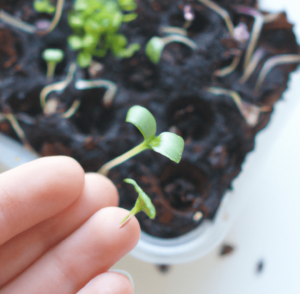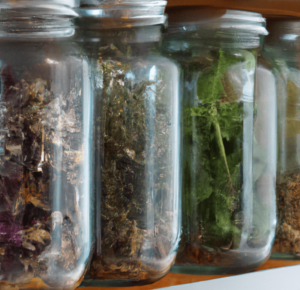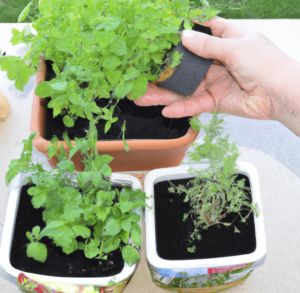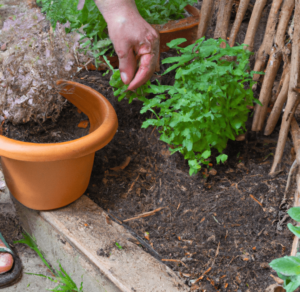Who doesn’t enjoy a relaxing evening out in the garden with friends and family? While it may sound exciting, you may find mosquitoes flying about ready to ruin your perfectly planned evening.
One easy way of getting rid of them is through chemical big sprays and commercial insect repellents, but this may douse your garden in unwanted odors. Instead, a better and more effective way of repelling mosquitoes is through effective mosquito repellent plants that can be grown in your garden.
In this article, we discuss the best mosquito repellent plants that can help repel mosquitoes naturally without the use of expensive and harsh chemicals. These common garden plants control mosquito population as well as deter pests and you can extend their life by using mulch or wood chips. It is best to plant these strongly scented plants in seating areas of your garden or near the doorway. Learn more about gardening guides with Your House Your Garden.
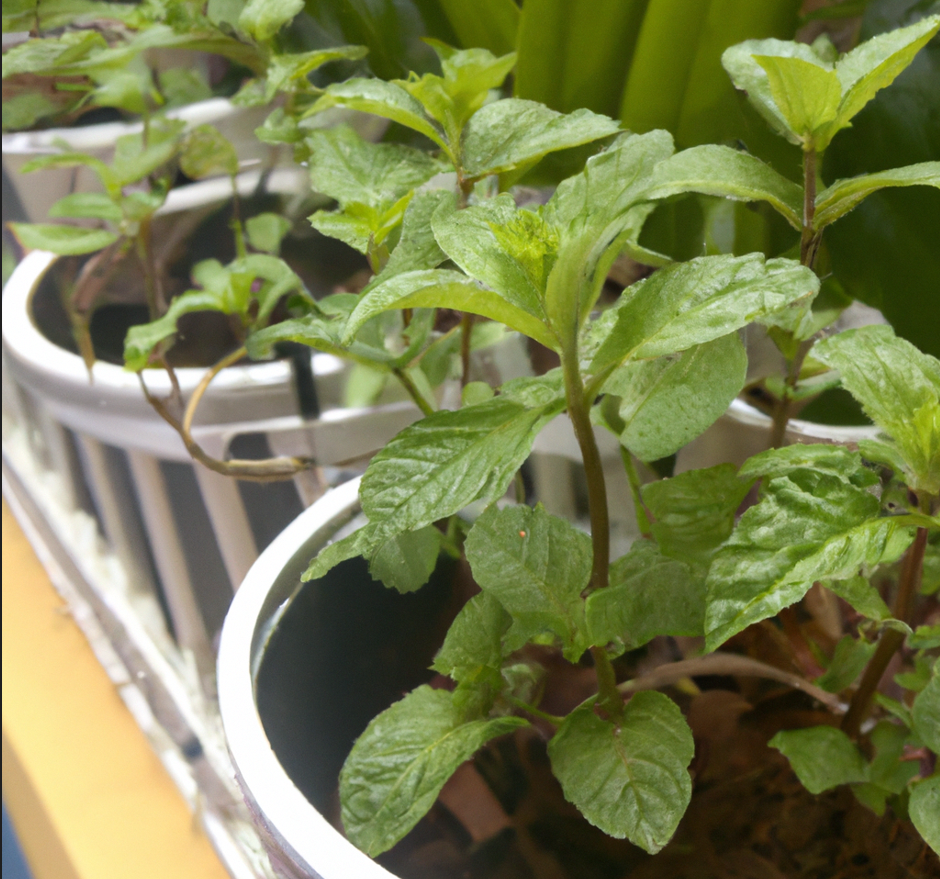
Mosquito Control in the Garden
Though they may be tiny, mosquitoes are notorious for carrying a range of harmful diseases and viruses throughout history. These include malaria, yellow fever, dengue, West Nile and Zika virus, as well as encephalitis. In some countries, mosquitoes are also the cause of heartworms in dogs and cats. So, while they may seem annoying for their itchy bites and buzzing all around, mosquitoes can be a real danger for your loved ones, which is why it is crucial to keep them away wherever possible.
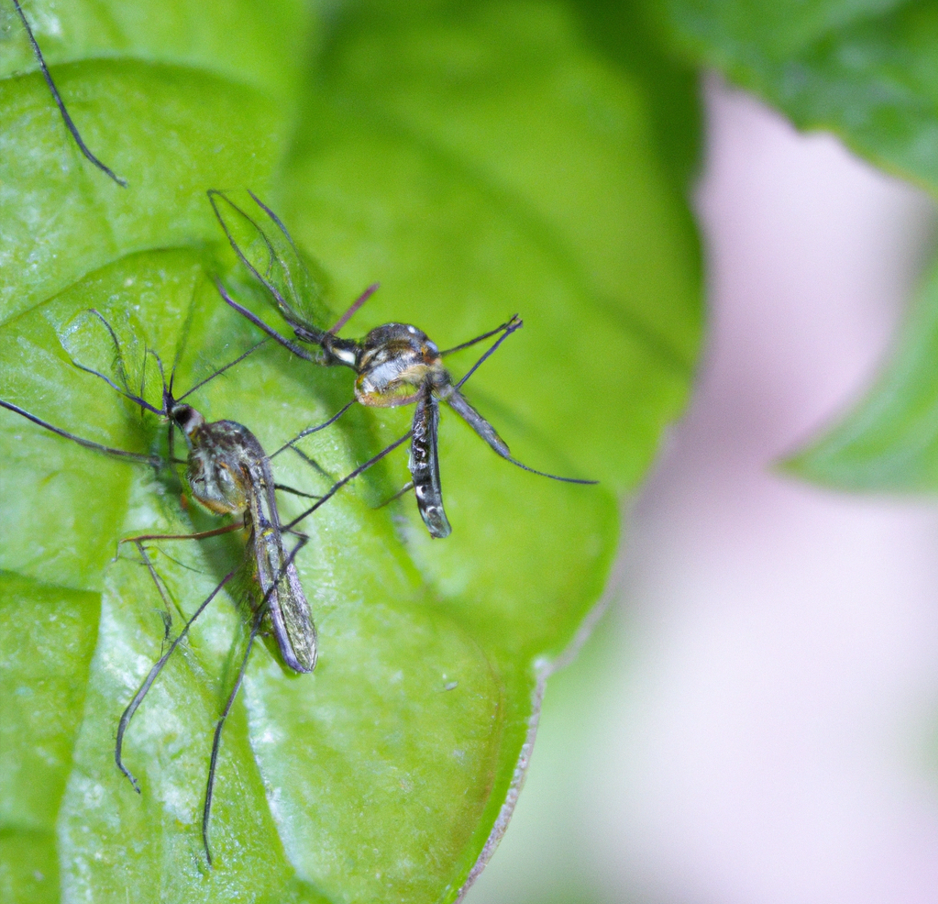
The Best Mosquito Repelling Plants
1. Mint
Mint is a type of perennial herb and is often used for garnishing foods. It is also often mixed in drinks and is known for its fresh scent. Besides its amazing taste, it is also a terrific nontoxic, chemical-free option for repelling mosquitoes. This herb also keeps ants and house flies away.
Mosquitoes hate its sharp scent and if grown around entrances, doorways, or even planted inside next to a window, mint can help to repel mosquitoes from that area. Its leaves can also be dried to use them inside as a natural mosquito repellent. Min is also one of the best shade plants.
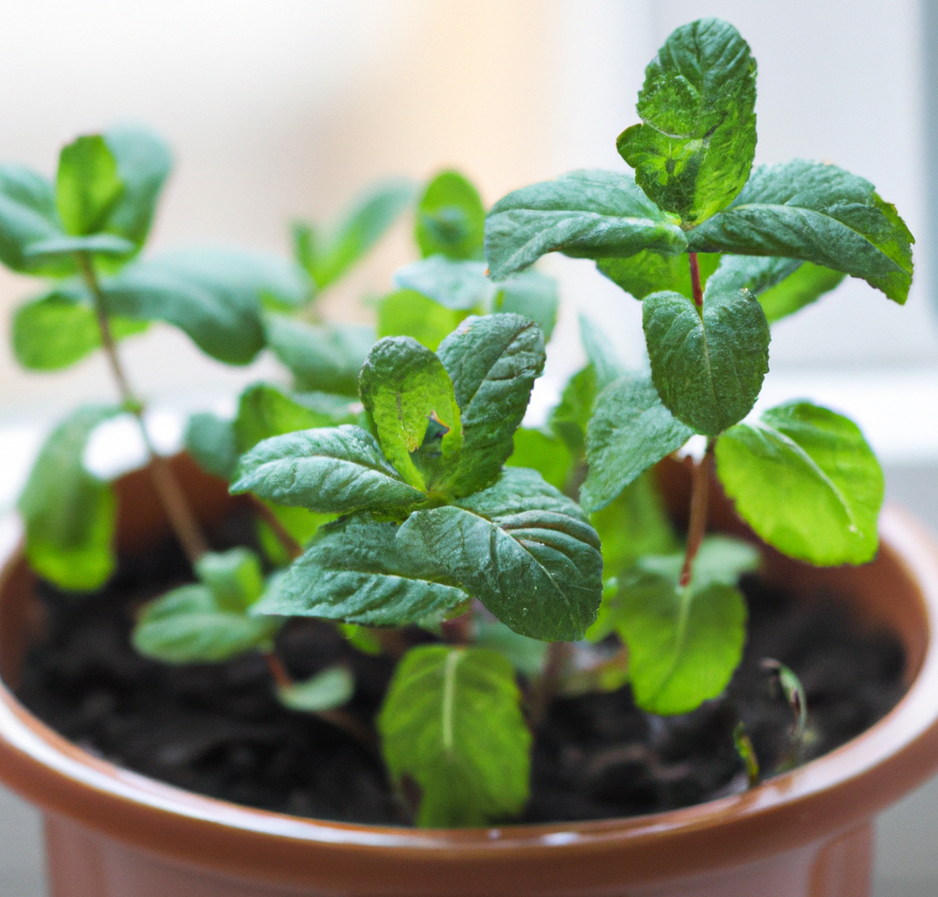
2. Lavender
These gorgeous purple flowers are also a type of perennial plant and are known all over the world for their incredibly sweet fragrance and delicate appearance. This plant’s scent is derived from its essential oils that are found on its leaves. Some argue that this sweet fragrance can remove or hinder the mosquito’s ability to smell at all.
Despite its delicate appearance, the lavender plant is extremely resilient even when faced with droughts. And though it can survive in all climates, it especially thrives in warmer locations. Planting them next to doorways will not only repel mosquitoes but also enhance the overall aesthetics of your home.
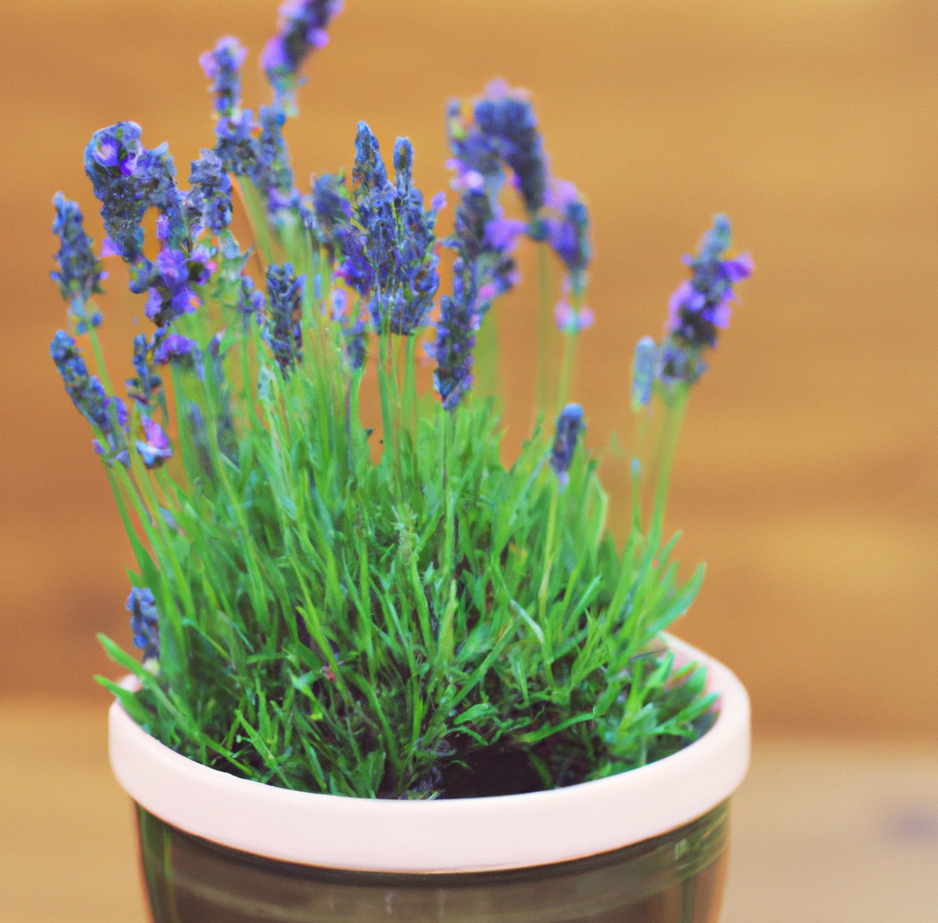
3. Citronella Grass (Lemon Grass)
Annually grown and known for its citrus, minty, and fresh fragrance, citronella grass or otherwise known as lemon grass is one of the most popular plants used to repel mosquitoes. It is even used as an ingredient in chemical mosquito repellents. Simply planting it in large planters can do the trick and keep mosquitoes and other pests away. Most people will often even apply citronella oil or lemon balm on their wrists and ankles to repel mosquitoes naturally. This plant does not stand well against frost or cold weather but it thrives in warmer climates and directly under the sun.
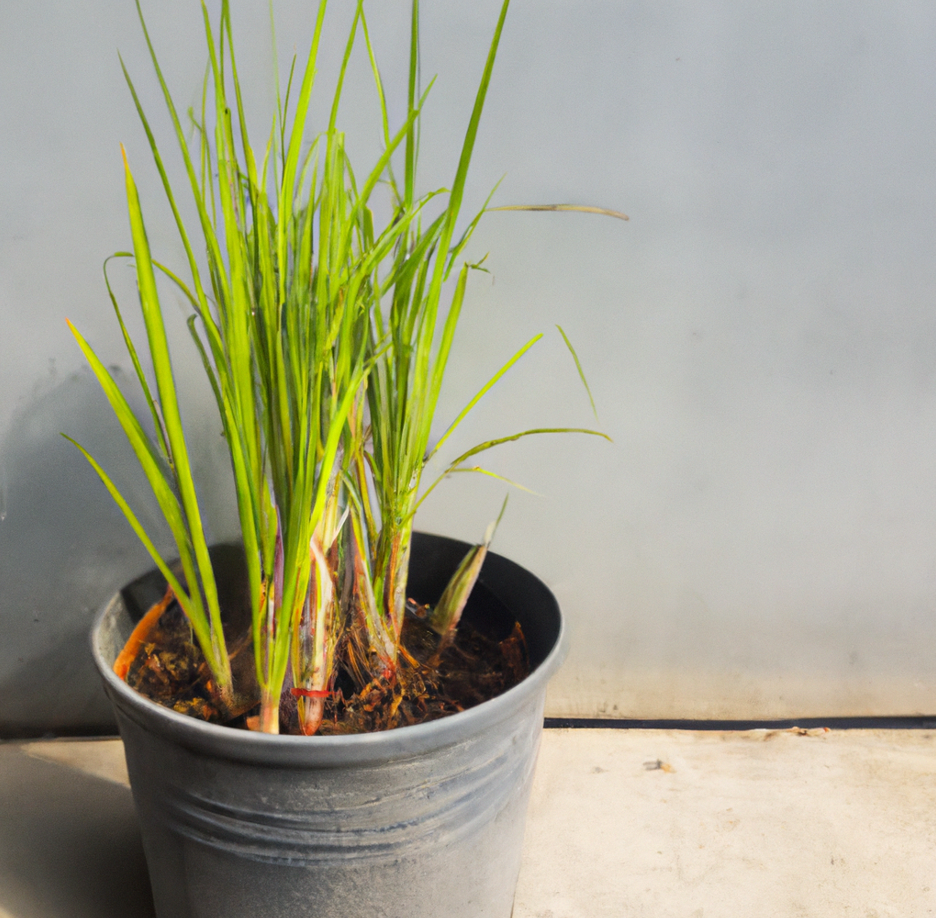
4. Basil
Another mosquito plant is basil. Mosquitoes hate this annually grown herb which is stronger than most other natural remedies thanks to its pungent smell that can deter mosquitoes and pests from flying about or lurking in your garden.
Basil plants prefer damp, moist surroundings as well as good drainage and access to sunlight. These can easily be planted in the ground or in pots or containers alongside your precious flowers, vegetables, fruits, etc.
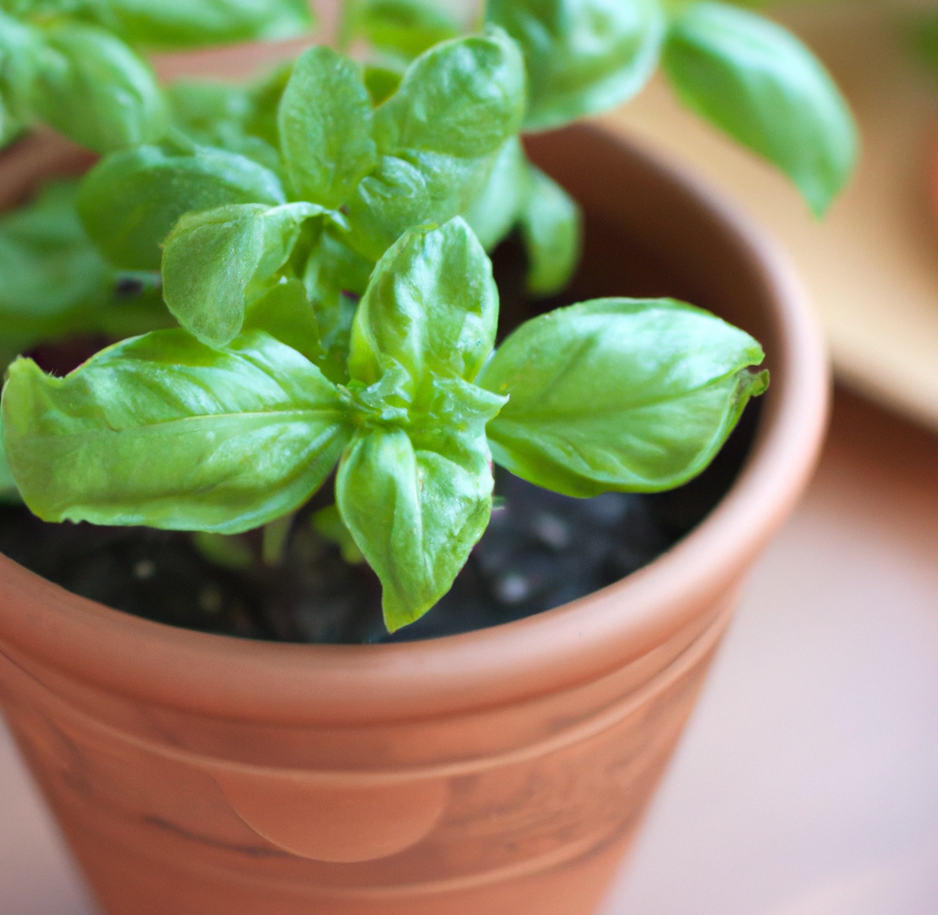
5. Sage
Another perennial herb is sage and its delectable, earthy aroma can ward off mosquitoes, bugs, and other pests. It is especially useful if you are having an evening barbecue in your garden or are enjoying a fire pit. Burning sage in the fire can also work as a mosquito repellent. You can even dry it and use it to be a homemade DIY bug spray.
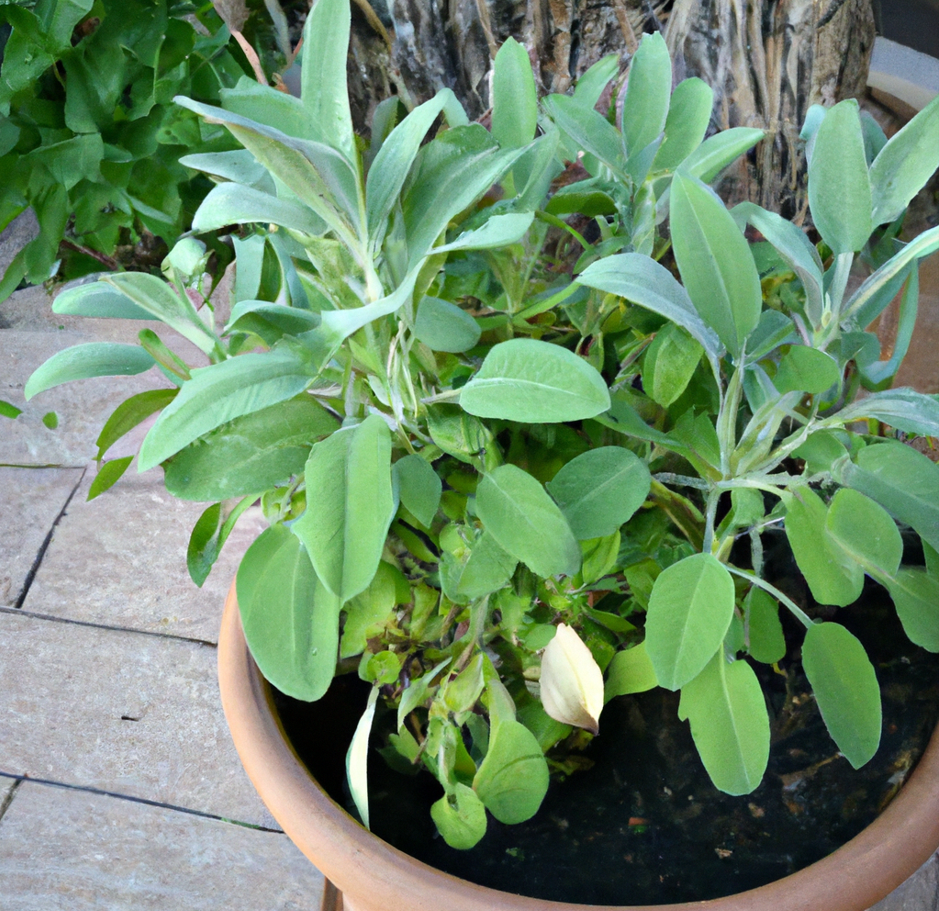
6. Rosemary
Another excellent herb from the mint family sometimes called mosquito plant is rosemary. Its rich woody and earthy scent works as a mosquito repellent and even keeps cabbage moths and carrot flies at bay. Rosemary thrives in hot and dry climates and grows to its full potential in containers or pots.
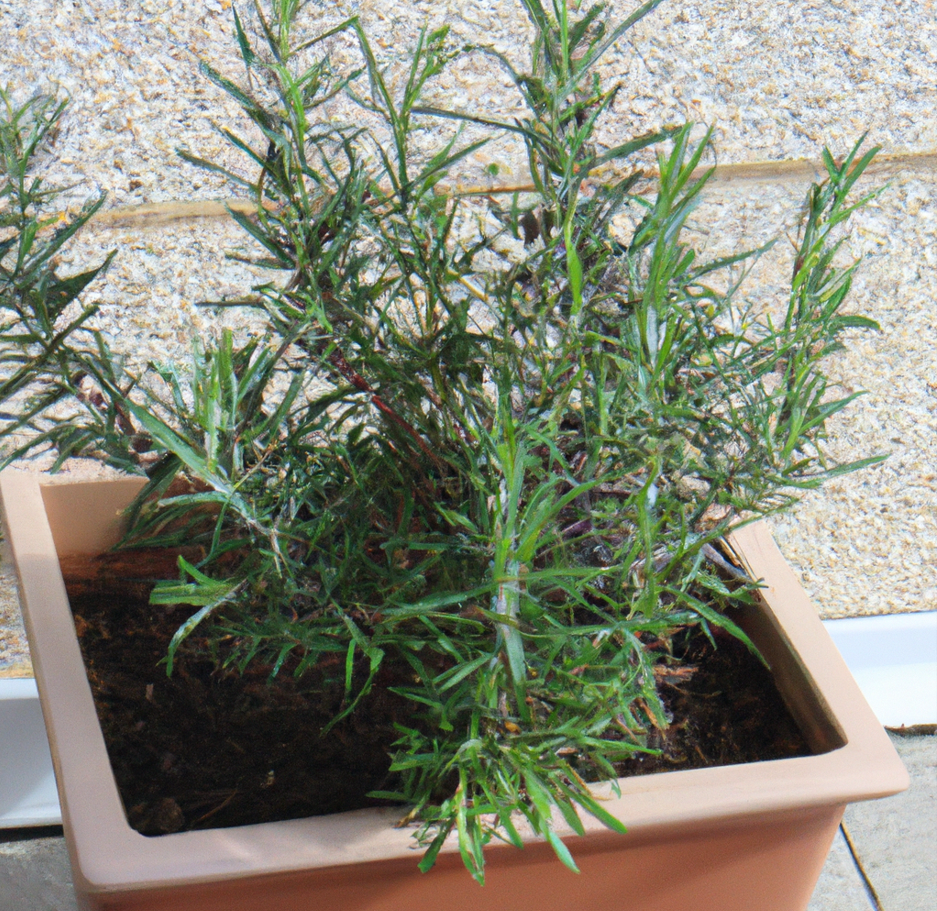
7. Marigold
The marigold flower can be grown all year long and is known for its mosquito repellent qualities. It should be grown near entrances, doorways, outside sitting areas, etc., as its scent can keep mosquitoes and other bugs far away from you. In addition to mosquitoes, marigold flowers also keep away aphids, whiteflies, squash bugs, tomato hornworms, and thrips.
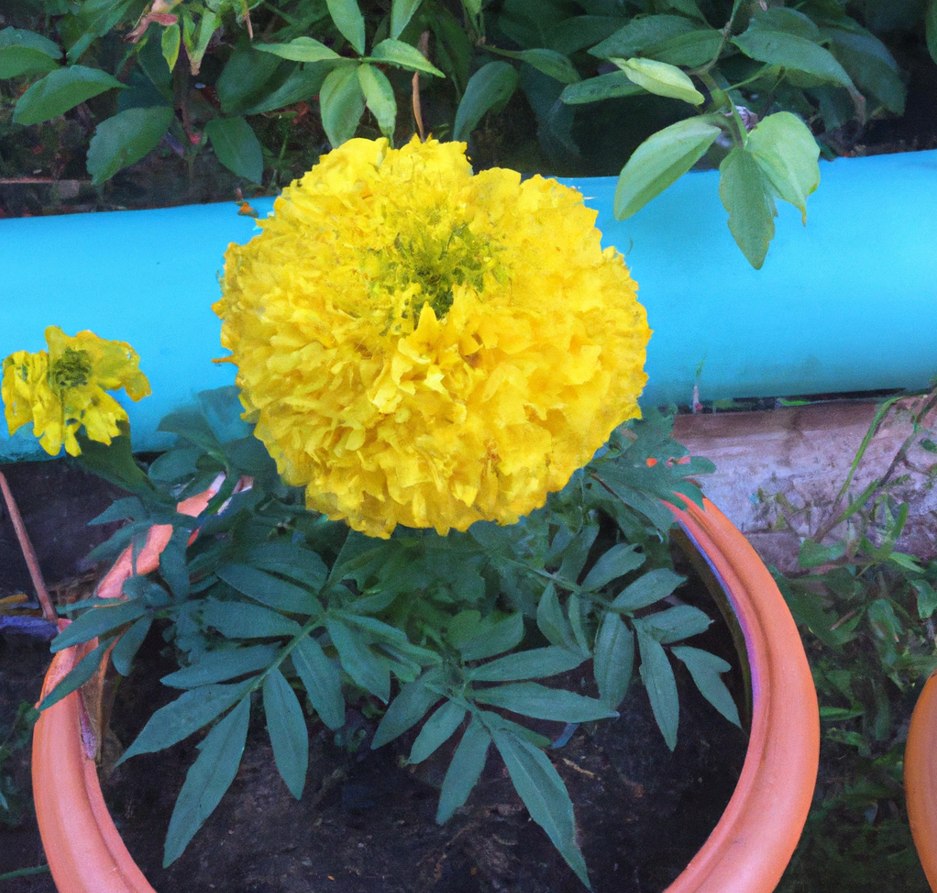
8. Bee Balm
Another addition in the perennial family is bee balm, otherwise known as horsemint or monarda. This plant is known to attract bees and butterflies while at the same time working as a mosquito repellent. You can crush its leaves to release its fragrant oils and use it to deter mosquitoes inside.
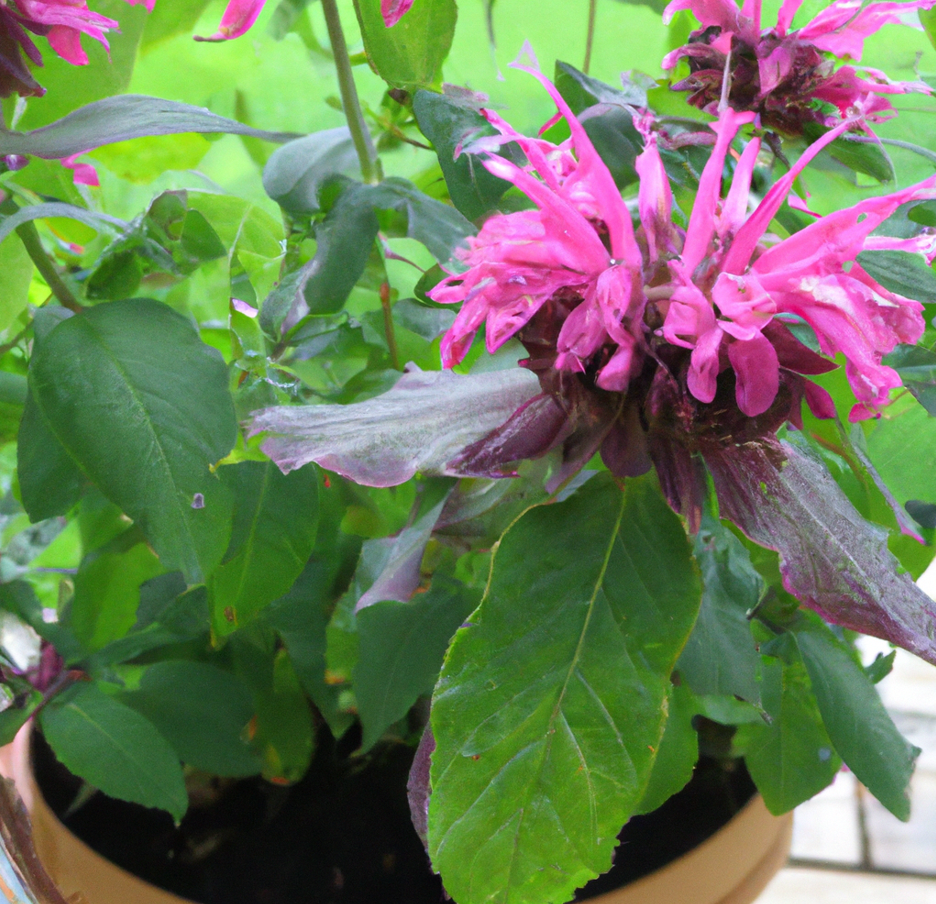
9. Catmint
Sometimes referred to as catnip, this plant is also from the mint family and it grows abundantly in different locations as a commercial plant or simply as a weed as well. It is low-maintenance and can start to invade other areas of your garden, but despite its rapid growth and invasive nature, it is an excellent mosquito repellent and is also often found as a key ingredient in chemical repellents.
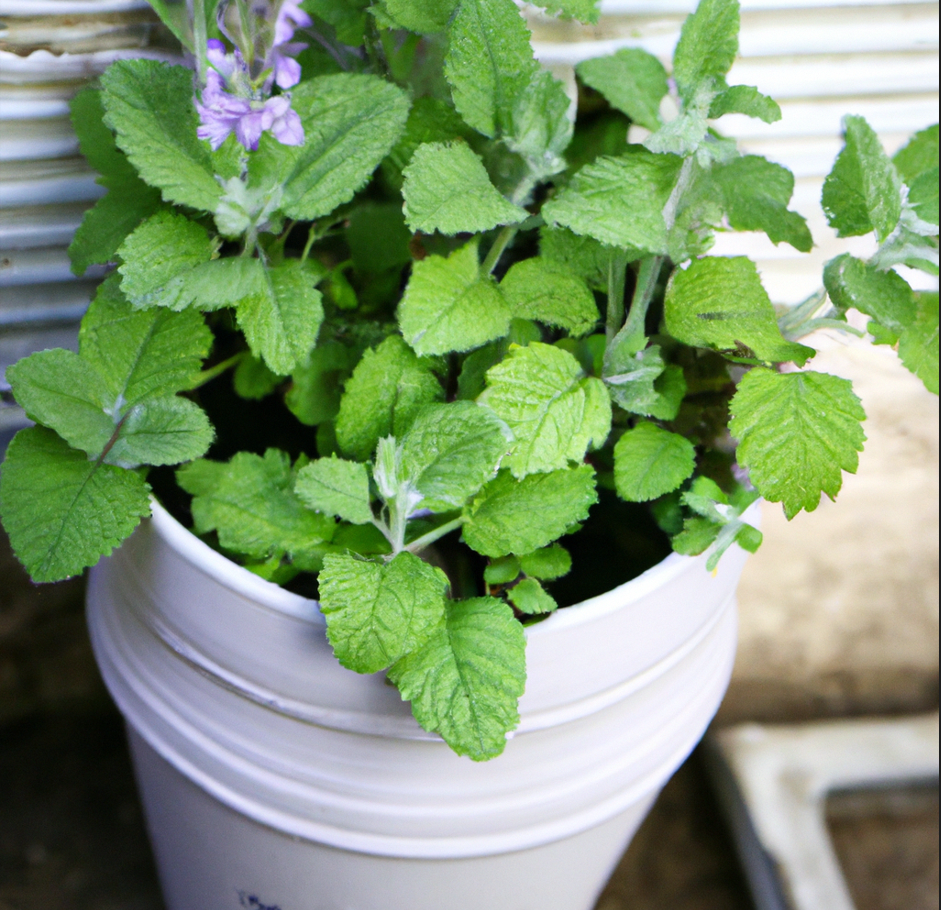
10. Floss Flower
Floss flowers are known to contain coumarin which is a key compound and chemical used to keep mosquitoes and pesky insects away. It can be easily grown in rich soil or in container plants in your outdoor space. Keep in mind that although it is an excellent mosquito repellent, it can be toxic if ingested by humans or animals.
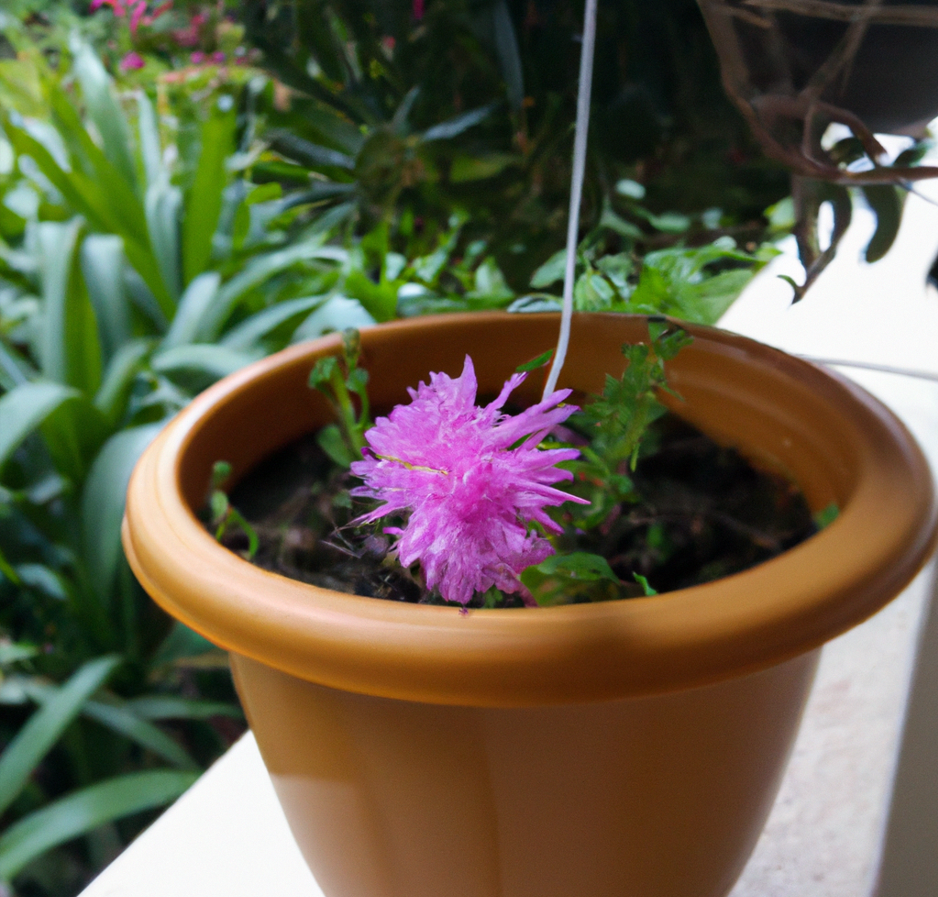
11. Citronella (Scented Geraniums)
This plant has a citrus aroma which is known to keep mosquitoes away. It can be grown in a warm, sunny, and dry climate and is known to grow quite fast. If you live in a colder climate, then you can grow these in planters with pruning instead. You can crush up its leaves and apply the lemon balm on your wrists to repel mosquitoes.
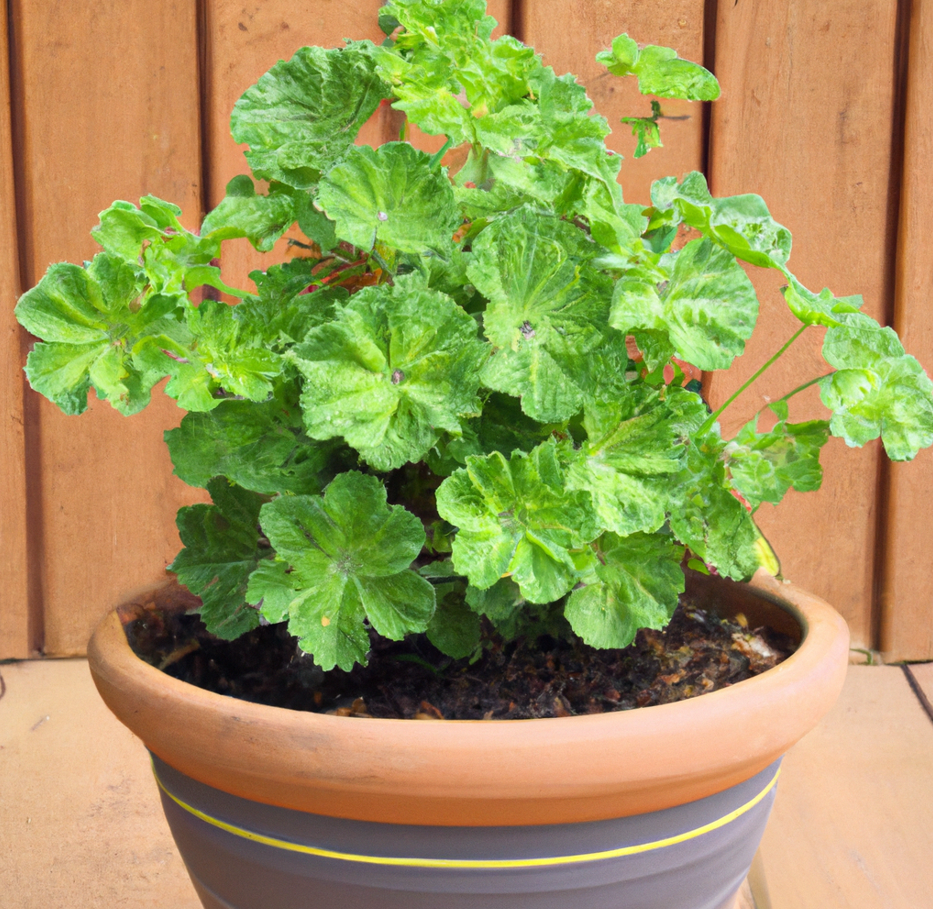
12. Allium
This bulb plant type includes garlic and onions which are known to produce pungent odors that mosquitoes dislike.
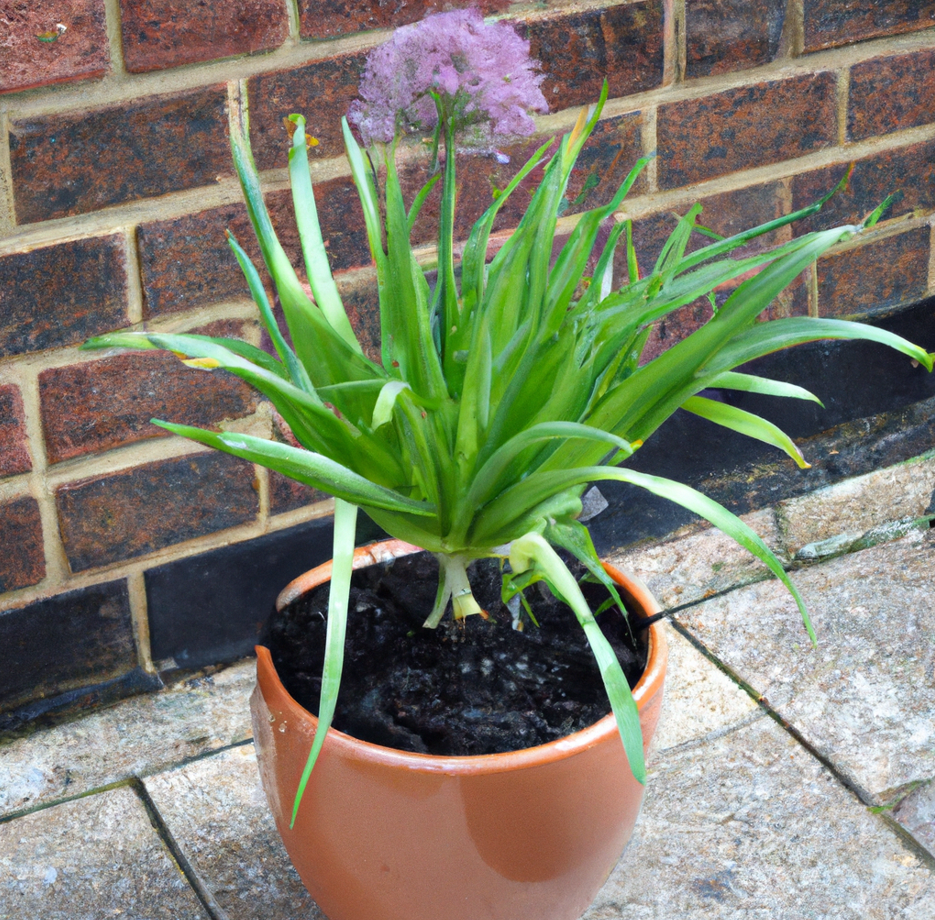
What are some other natural ways to keep mosquitoes away?
Growing mosquito repellent plants is an excellent way to control their population but it is also recommended that you practice some other techniques to ensure that these pesky creatures don’t lay hundreds of eggs around your garden and keep you from enjoying a nice evening outside.
You can prevent water from collecting in spots around your garden. Water that becomes stagnant can attract mosquitoes and they will lay eggs even if there is a tiny pool of water. You can use mosquito rings anywhere with standing water like rain barrels, birdbaths, ponds, fountains, etc. These contain natural bacteria that kill mosquito larvae.
Other items like citronella grass and torches, candles, chemical sprays, etc., can also be used to keep mosquito and mosquito borne diseases away.
Frequently Asked Questions
Are eucalyptus plants effective against mosquitoes?
Yes, eucalyptus plants release a special oil that has the ability to repel mosquitoes effectively and naturally. It is non-toxic for human skin as well and will protect against mosquito bites if applied on the skin.
Are mosquito repellent plants expensive?
No, mosquito repellent plants are not expensive. Most varieties including mint and eucalyptus are extremely affordable and can be grown in pots or directly in the dirt as well.
Are carbon dioxide mosquito traps effective?
Yes, carbon dioxide traps are extremely effective against pesky mosquitoes. These help to trap and kill hordes of mosquitoes when placed in the garden.
Are mosquito repellent plants hard to maintain?
No, mosquito repellent plants are not hard to maintain. In fact, these are quite robust and resilient. There are a few varieties that may need additional attention but most popular types are tough.


